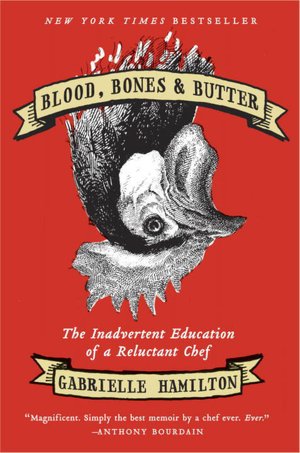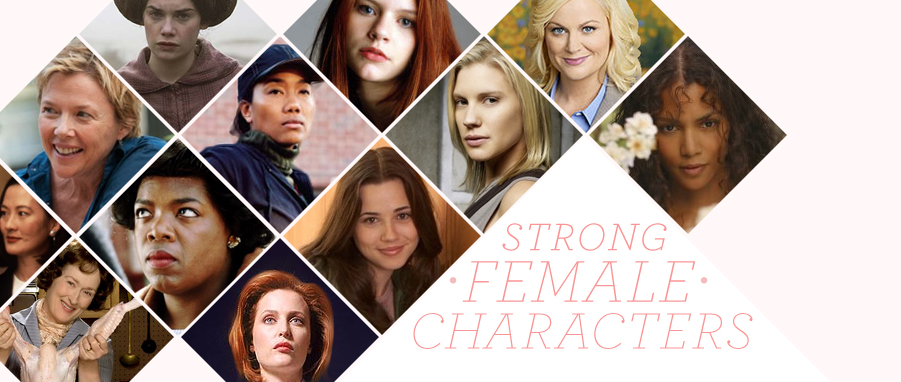As we emerge from this last election, I think we’re all breathing a collective sigh of relief to the end of campaign season and campaign advertising. But the election season, for all that could be improved, is still something I welcome as a sign of our democracy and ability to participate in the political process. I rarely talk about politics publicly, but based on my experience, I can tell you this:
- Go VOTE: Voting is a right but also a privilege and a duty. We often take this for granted, but believe me when I say that lots of people don't have this luxury. If you had been born in a slightly different time or a slightly different place, you would understand. The right to vote for whom you want without risk that your vote would be disclosed, manipulated, distorted, or thrown away is not something everyone has. The right to vote for whom you want without fear of retribution on your safety, employment, family, friends or your own life is not something everyone has. We might feel like it doesn't matter, but it does. Every vote counts, and don’t let anyone convince you otherwise.
- Even if the candidates aren't perfect, you still need to vote: Assuming that you always have the good fortune to vote in free elections, you still need to go and vote no matter how much you don’t care for the candidates. It’s still a choice, and if you really disagree with both, register your protest with a write-in, but don’t expect sitting at home to register as legitimate opposition. Don’t ever be complacent in a democracy.
- It’s okay to keep your vote to yourself: It’s also okay to be public about it. That’s up to you. But don’t feel like you ever have to disclose your vote or justify it---you voted based on what you decided and it’s up to you how much you want to tell others. People can be quick to judge or quick to assume any number of things based on voting, parties, or any other political indication so be cautious. Personally, I find those immediate delineations so limiting since a person can think any number of ways on any number of issues. In a free election with democratic parties, people are entitled to their vote and opinion. Remember to give the same respect to the political opinions of others that you would hope to have for yourself.
- You can’t build your own success on the back of someone else’s misery: Someone gave me this advice in the context of a relationship decision that I had to make, but I’ve used this same advice to guide me through many big decisions, and think of this frequently when making decisions around politics. I wouldn’t ever tell you which way to vote, but I will tell you that reflecting on this will help guide you towards the right decisions. They won’t always be easy and they won’t always be obvious, but you’ll get to the right answer. Remember, if you want to build prosperity and freedom and a life full of good things we aspire to, you can’t build that simply by taking those things away from someone else.
- Weigh your trade-offs: It won’t be possible for all voters to have all things. It doesn’t work that way. And you’ll more than likely have to make some trade-offs and some compromises---as you should. In the end, a healthy political arena is a collaborative one. When looking at your candidate or party, weigh the alternatives and look for the person who will make the best compromises on your behalf without losing sight of key fundamentals that are core to you. You want someone who will represent you as you most of the time, while working towards a key set of principles all of the time.
It will be a few years still, but I look forward to seeing you at the polls.
All my love,
Mom
















 Joan Didion, Blue Nights
Joan Didion, Blue Nights

















 In my house growing up, the fall months brought up the smell of earth from the dirt basement. It’s a difficult smell to try to describe. It’s not rich like the smell of garden soil and nothing like the particular scent attached to the concrete basements of my friends. It’s the perfume of a particular brand of old Yankee house that’s been sitting on the same patch of dirt for two and half centuries---a combination of must and dirt, and more often than not, the stink of an unfortunate chipmunk that found its way through a chink in the stone foundation. In October, a month that’s goulish without even trying, our house could smell like death itself.
To combat the scent of the damp and dying, my mom kept a small pot on the back burner of the stove. In it she’d pour a glug of apple cider and mix it with water from the tap. If there was an apple peel that would go into the pot, along with dried orange peel if we had any, a stick of cinnamon, allspice, and cardamom. Every hour or two, we’d add more water to the mixture, which became thick and dark the longer it simmered. The burbling spices would mask the smell of rotting vermin and simultaneously herald in the new season.
In my house growing up, the fall months brought up the smell of earth from the dirt basement. It’s a difficult smell to try to describe. It’s not rich like the smell of garden soil and nothing like the particular scent attached to the concrete basements of my friends. It’s the perfume of a particular brand of old Yankee house that’s been sitting on the same patch of dirt for two and half centuries---a combination of must and dirt, and more often than not, the stink of an unfortunate chipmunk that found its way through a chink in the stone foundation. In October, a month that’s goulish without even trying, our house could smell like death itself.
To combat the scent of the damp and dying, my mom kept a small pot on the back burner of the stove. In it she’d pour a glug of apple cider and mix it with water from the tap. If there was an apple peel that would go into the pot, along with dried orange peel if we had any, a stick of cinnamon, allspice, and cardamom. Every hour or two, we’d add more water to the mixture, which became thick and dark the longer it simmered. The burbling spices would mask the smell of rotting vermin and simultaneously herald in the new season.